Why More and More NBA Prospects Are Skipping College
The University of Utah bench celebrates after a basket during an NCAA Basketball game vs. the USC Trojans at the Jon M. Huntsman Center in Salt Lake City, Utah on Thursday, March 7, 2019. (Photo by Kiffer Creveling | The Daily Utah Chronicle)
November 14, 2019
Playing collegiate athletics used to be the only way to get to the NBA. Ever since they implemented the “one and done” rule, which requires a player to be at least one year removed from high school before entering the NBA draft, many top high school prospects enter one year of college, ball out and are drafted into the NBA the following spring.
More recently, however, players are taking alternate routes to the NBA. With the youth scouting systems getting better and better each year, top prospects are identified earlier than ever before. Players at the top of their high school class are almost assured to make it to the NBA, regardless of what they do in their year until the draft. Again, most players are still taking the college route — but is that the best option?
Take R.J. Hampton, for example. Hampton is a basketball player who grew up in Texas. He was heavily recruited coming out of high school as a five-star prospect, receiving offers from some of the top schools in the country such as Duke, Kentucky and Kansas. Instead, he chose to go overseas to play for the NBL’s New Zealand Breakers. By doing this, Hampton will play against better competition to showcase his skills, make some money from a contract he signed with the team and still be drafted into the NBA in 2020. With his name already on the radar of NBA scouts, he has nothing to lose by going overseas. The NBL gets some young talent that will put people in the seats, and Hampton gains some serious benefits while taking a year to focus solely on basketball rather than trying to juggle classes and sports.
It makes perfect sense for Hampton to want to work on sports rather than school. He already knows he will be in the NBA next season, and if his career goes as he plans, he will be set for life. Who needs a year of school taking generals when you’ll be making millions in the NBA come 2020? He gets a year to be around a real team with good players and experienced coaches, adjusting to the lifestyle of a professional basketball player. He devotes more of his time to basketball and less to his math homework. It’s a win for the NBL, a win for the NBA and especially a win for Hampton.
He’s not the only one taking an alternate path to the NBA. In fact, some have already done it. Darius Bazley is a rookie forward for the Oklahoma City Thunder, and he tried something even crazier than Hampton.
Bazley originally committed to play for Syracuse as a five-star recruit out of Ohio, but he ended up de-committing and forgoing his scholarship to play in the NBA G-League for a year. Then, he canceled his G-League plans and instead trained on his own and interned for New Balance before entering the 2019 NBA Draft. Bazley learned about the business side of basketball and worked with New Balance on endorsements while working on his basketball privately. He didn’t play in the eye of the public for a whole year, but that didn’t matter. The NBA saw him in high school and they didn’t forget. He was drafted No. 23 overall by the Thunder and is just starting his rookie year. That’s right — a player who took an entire year off from playing organized basketball was drafted in the first round.
Hampton and Bazley headline a new way of thinking for NBA prospects. Why would they waste their time having to split their life between school and sports? Why would they go into the NCAA, where it’s still a contentious issue about whether or not players can even be paid? Rumors say Hampton is making north of $125,000 playing in New Zealand. Bazley was eligible for endorsements with New Balance because he wasn’t playing collegiately. If you’re a top prospect like these two are, why even bother with college?
These two players are paving the way for other top prospects to do the same and the writing is on the wall for the NCAA. They need to make some changes, or else they risk losing out on top talent to other leagues around the world. It worked for Bazley. Hampton is a projected lottery pick. Their message is loud and clear: it’s simply not worth it to go to college for just one year. Other borderline prospects benefit from a longer college career, sure, but for five-star recruits who are gone in a year anyway, it might be better to consider your other options.


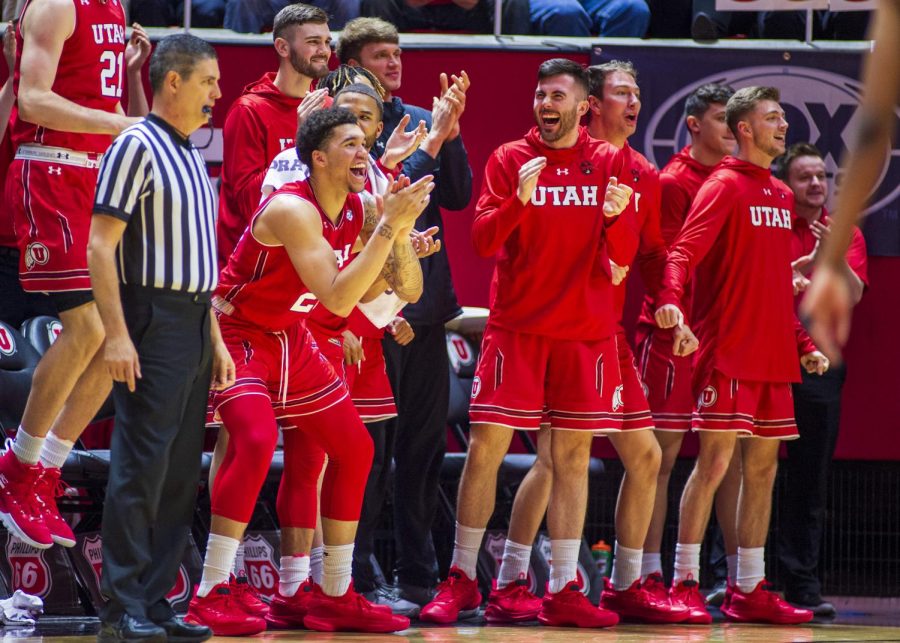
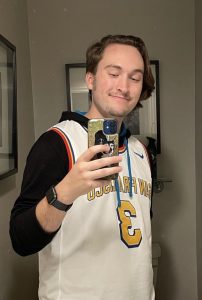

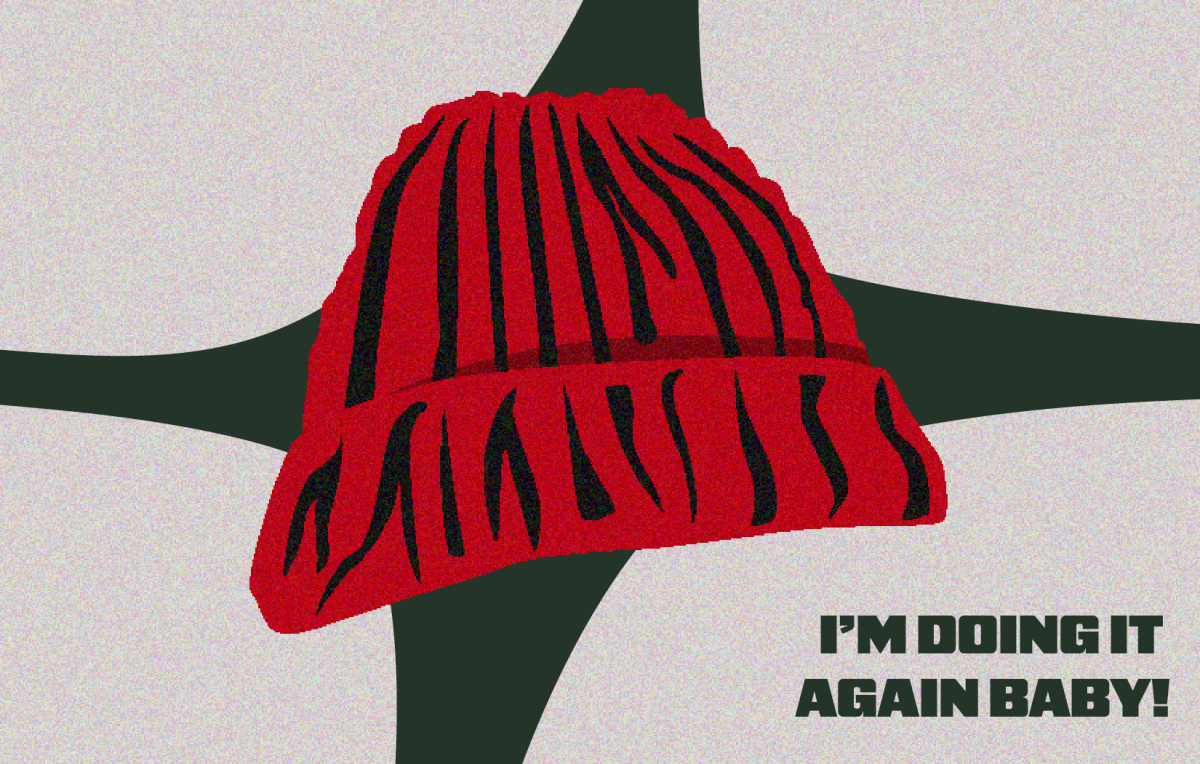
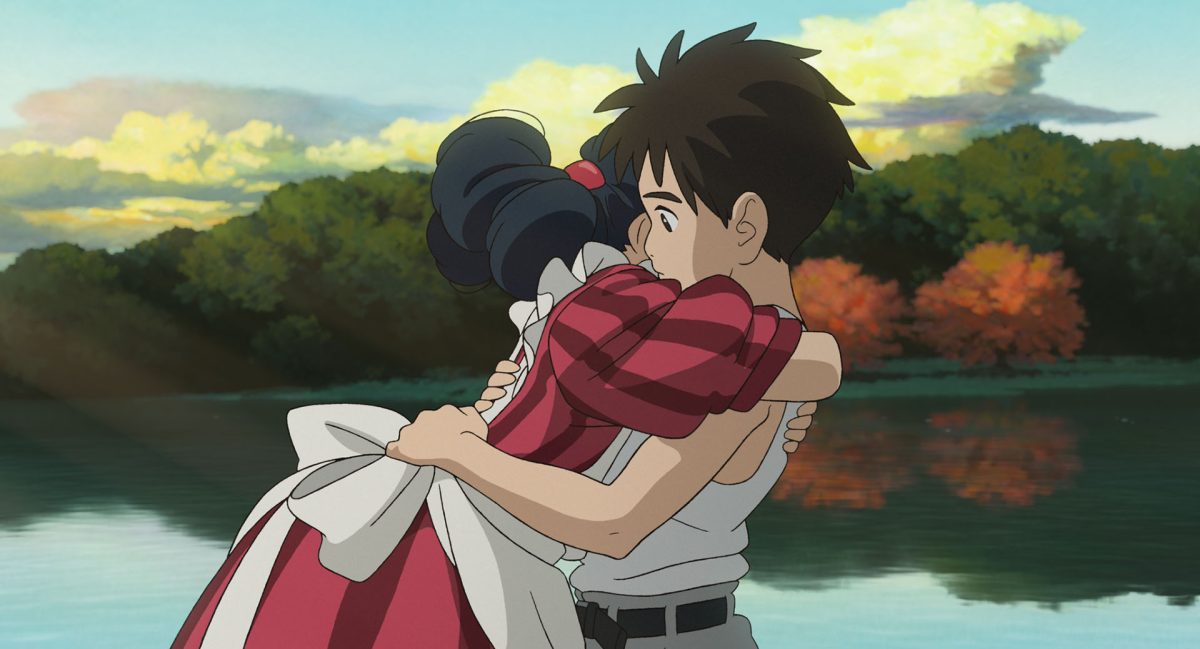
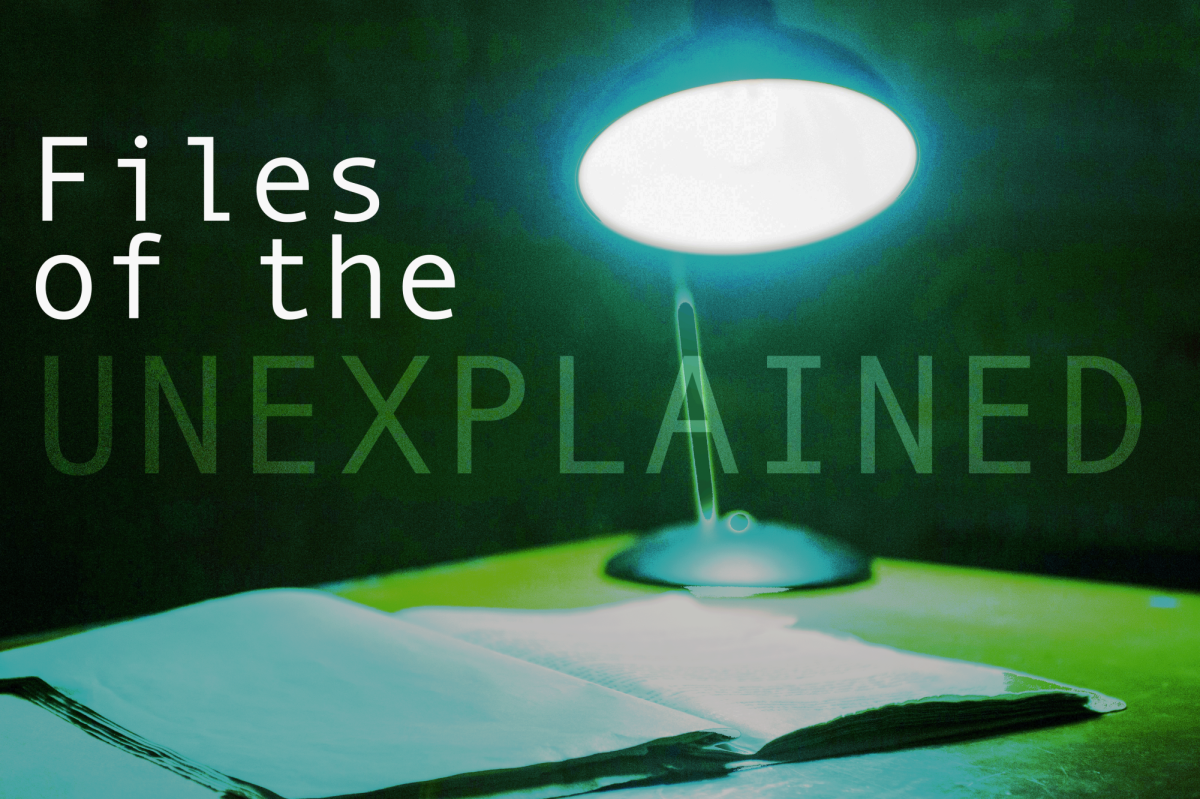
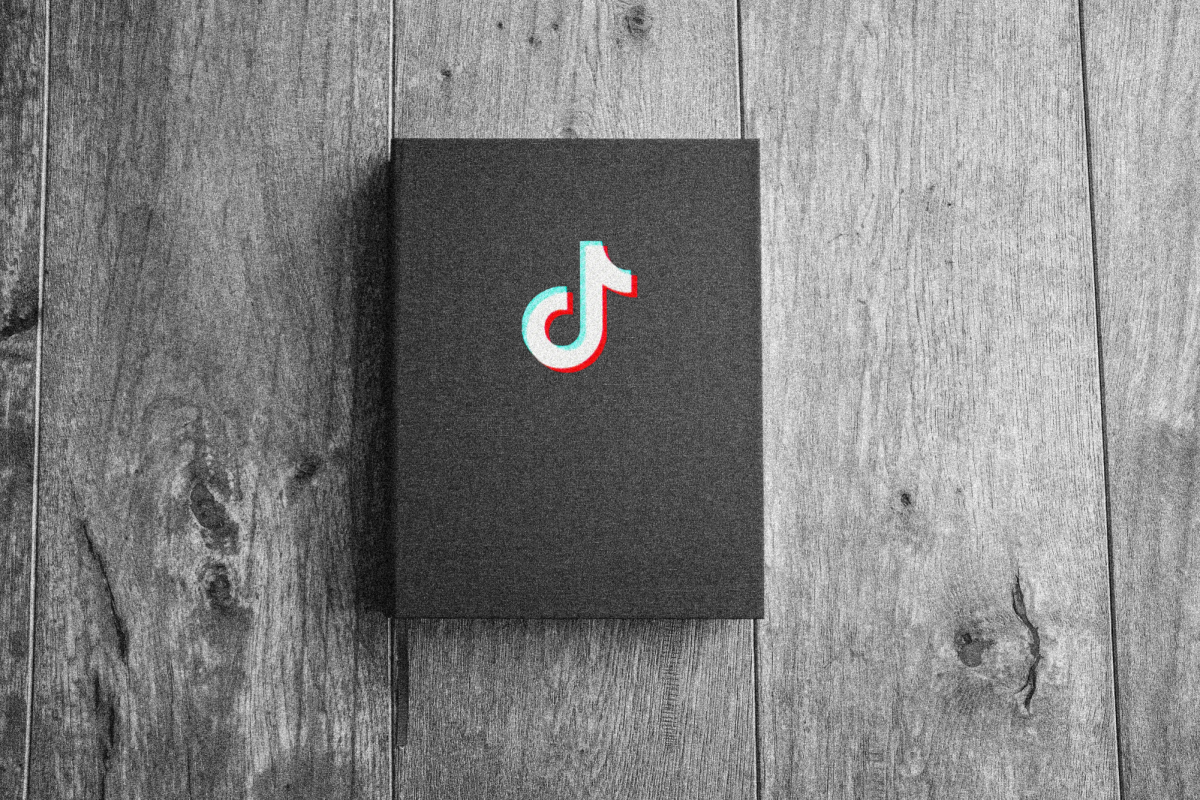
Omar khan • Nov 19, 2019 at 8:20 pm
Hi my name is omar and i am 14 years old and i am in 9th grade. for a school project in my speech class, we have to give speech about a topic that we choose. i chose the same exact topic as you and two days after we were assigned this project you published this article. I was wondering if you could give me some tips about what to say and maybe let me use your article as a base for my speech. If you can help me, please reach me at my email. thank you and try to reach me back asap because its due tomorrow. 😉